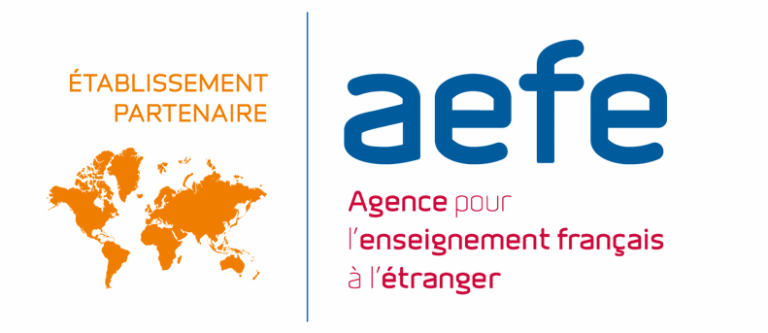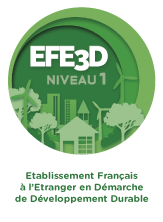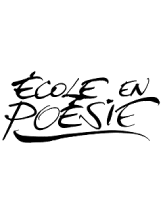Student autonomy is a central goal of education, but also a complex challenge. Patrick Rayou, a sociologist of education, emphasizes that autonomy is not something that can be simply declared; it must be learned and developed gradually within a structured framework. Contrary to the idealized notion that students are naturally autonomous, Rayou reminds us that this ability depends on skills that must be acquired through careful guidance from teachers.
One of the paradoxes he highlights is that students who are most comfortable with autonomy are often those who already benefit from a supportive home environment that fosters personal work and organization. Conversely, others may struggle when expected to “figure things out” without having developed the necessary tools. Establishments therefore play a crucial role in making autonomy accessible to all by explicitly teaching learning strategies, providing a clear framework, and introducing responsibilities progressively.
At the LIFT, we are committed to fostering student autonomy through concrete initiatives: project-based learning, collaborative work, and digital tools that facilitate self-assessment. More than just independence, our goal is to train students to take initiative, manage their work, and use the right resources to succeed. As Patrick Rayou points out, true autonomy is not about facing learning challenges alone but knowing how to rely on relevant support.
















